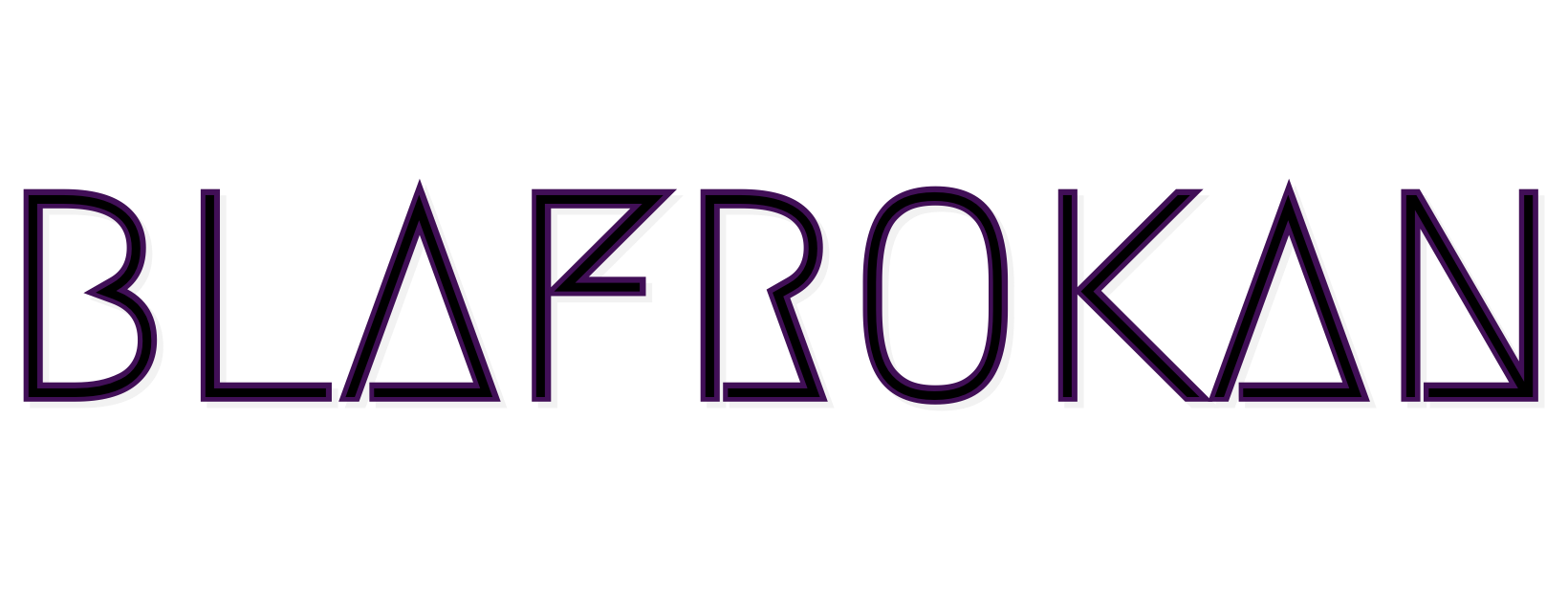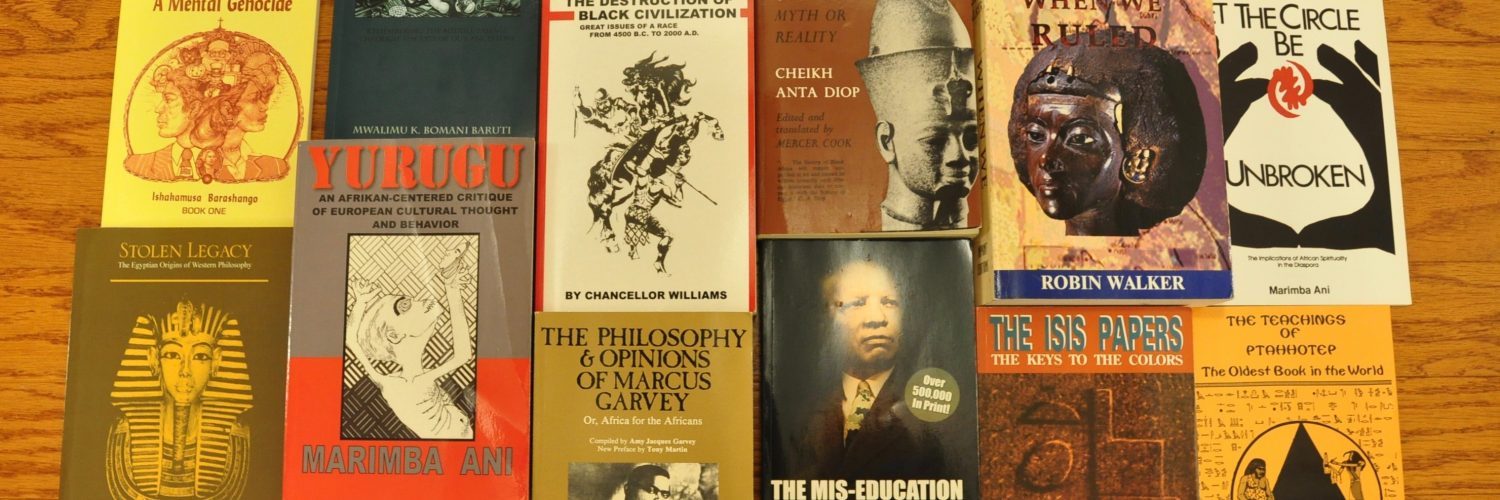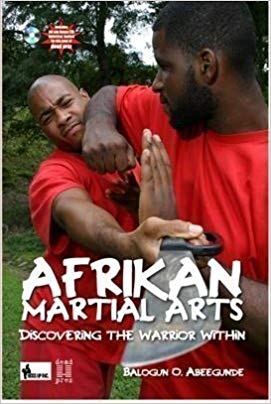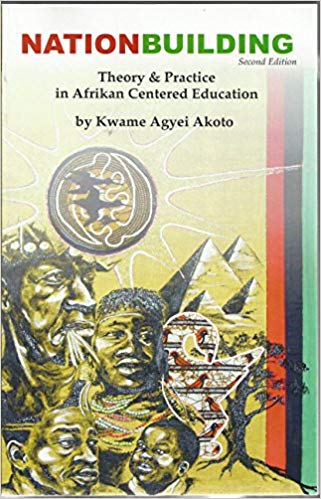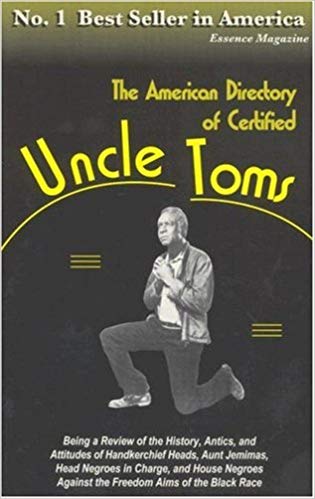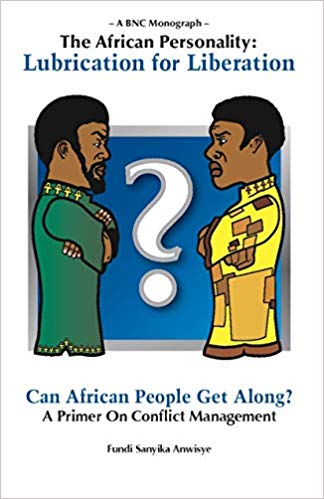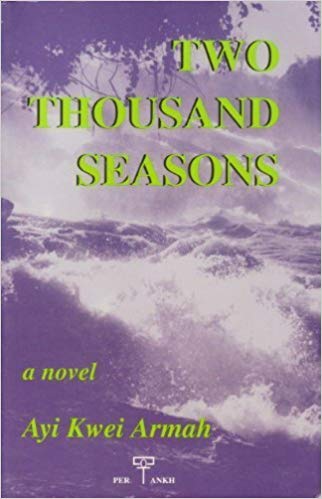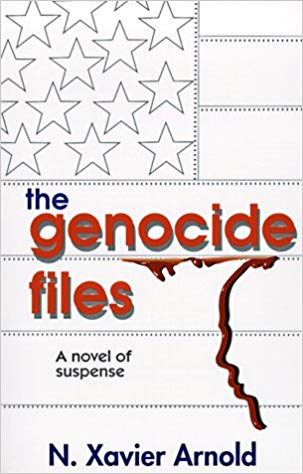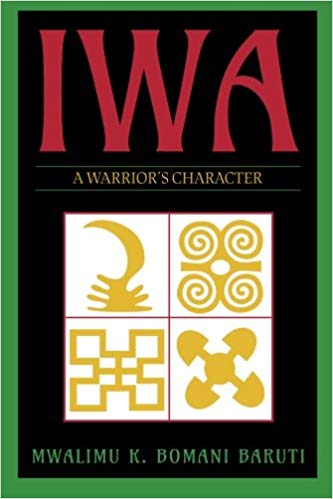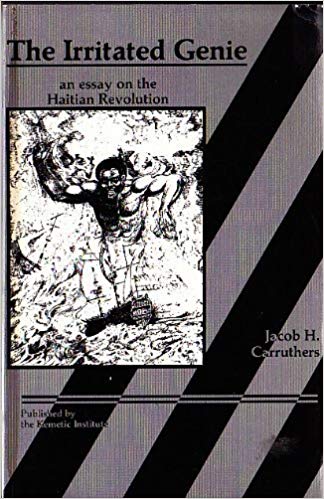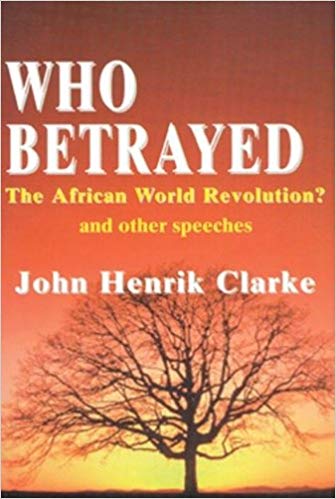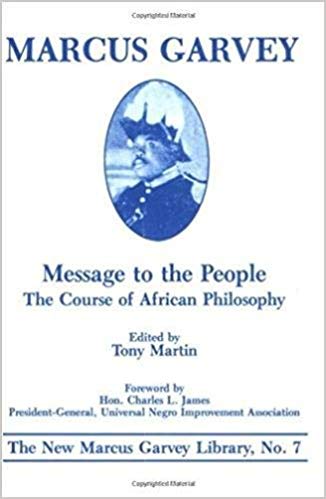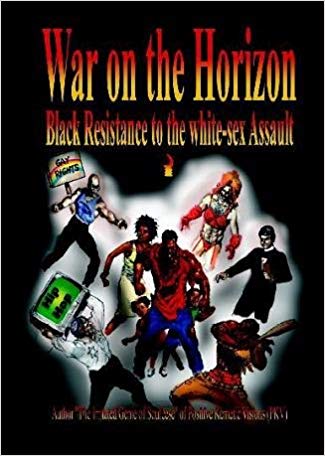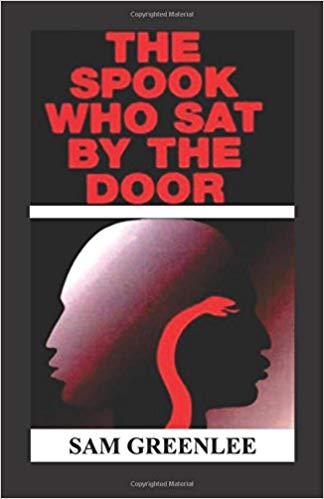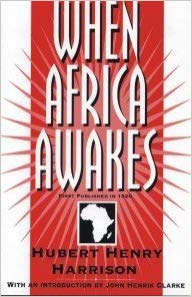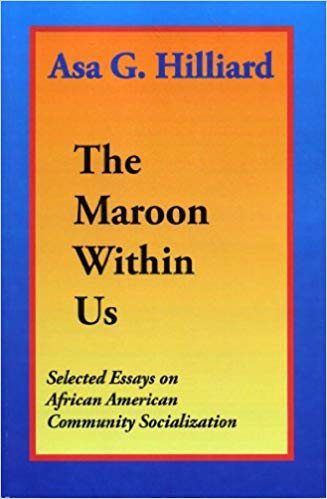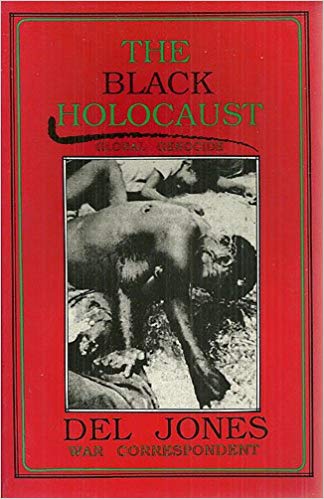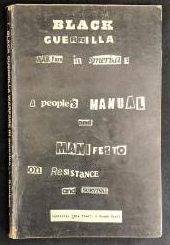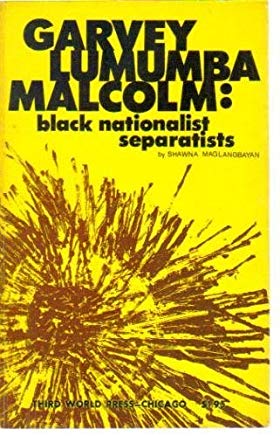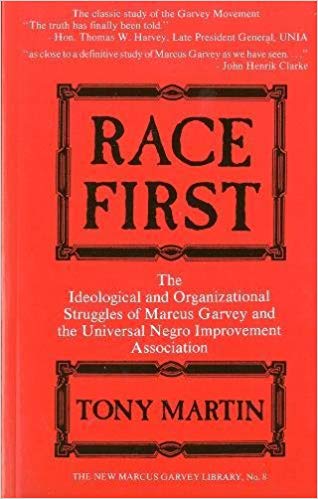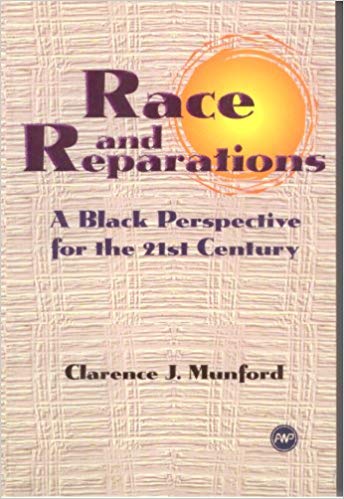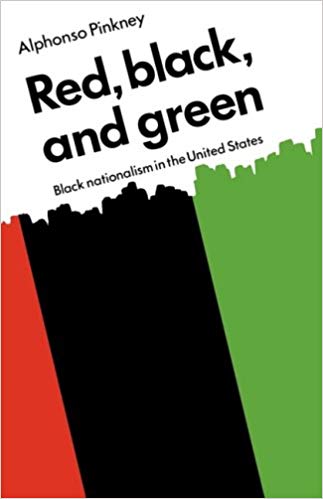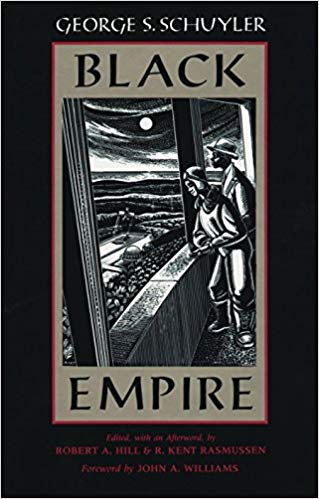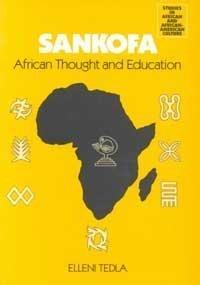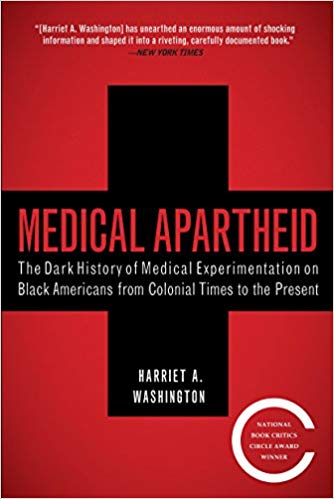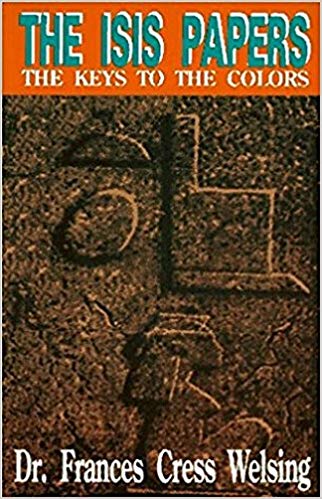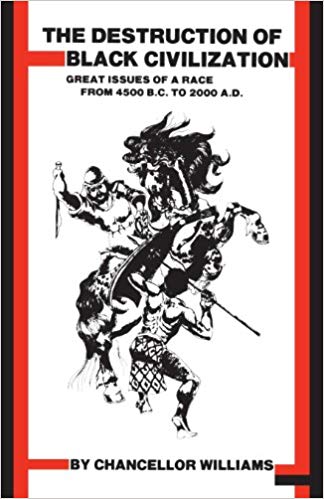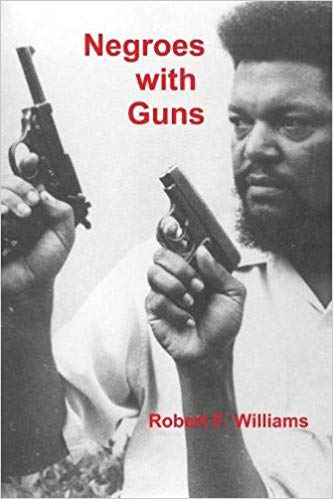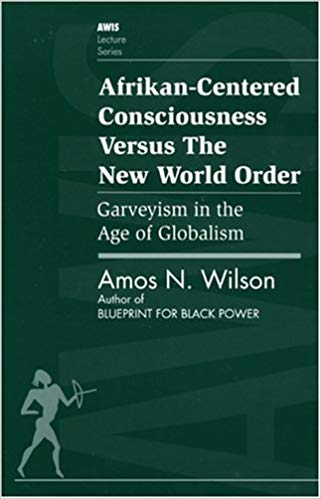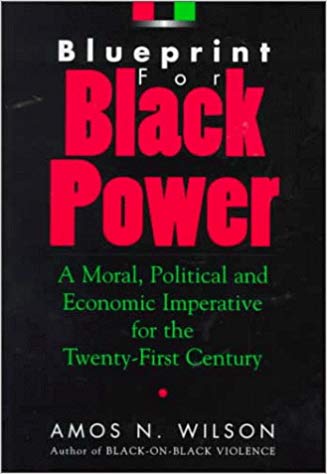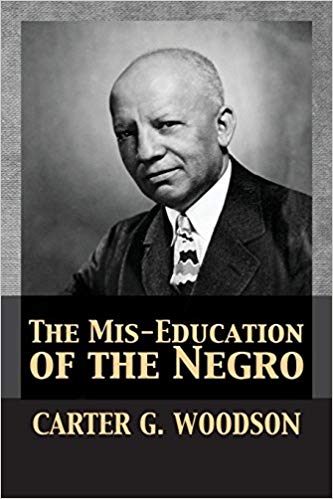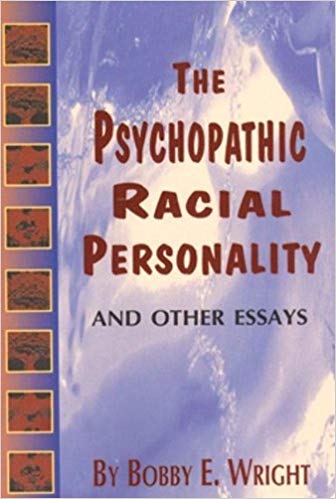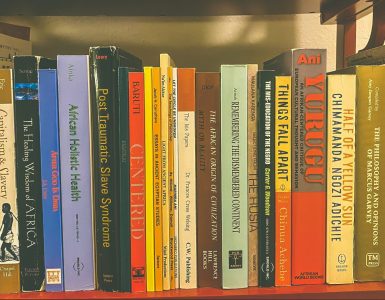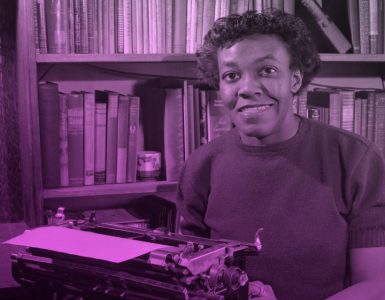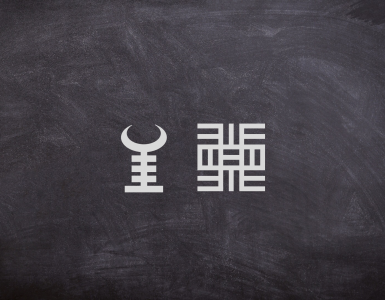Title summaries, excerpts, and quotes provided by authors or publisher.
Afrikan Martial Arts: Discovering the Warrior Within
Nationbuilding: Theory & Practice in African Centered Education
‘Afrikan centered education is rooted in the unique history and evolved culture of Afrikan people. It is defined in its singular commitment to the elucidation of that history, that culture, and the confirmation, invigoration and perpetuation of the Afrikan collective identity that emanates from that history and culture. Afrikan centered education is concerned with the origins, current status and future of the Afrikan world. Afrikan centered education is committed to correcting the historical distortions born of three millennia of foreign invasion, destruction, enslavement, physical and mental colonialism, cultural disruption, and dependency. Afrikan centered education is committed to rooting or anchoring the spiritual and intellectual energies of Afrikan people in the spiritual, moral and philosophical traditions of Afrika. Afrikan centered education, whether in the several nations of the diaspora or on the motherland, is concerned to fully develop the sense of Afrikan nationality within a broader Pan Afrikan world. Afrikan centered education is concerned to sever irrevocably the pathological and slavish linkage of Afrikans to the European or Asian ethos. Afrikan centered education is concerned to enable the Afrikan person with nationbuilding, nation management, and nation maintenance abilities. Afrikan centered education is concerned to motivate teacher, student, parent and community to advance the Afrikan nation/world by any means necessary.”
– Amos N. Wilson
The American Directory of Certified Uncle Toms
The African Personality: Lubrication for Liberation: Can African People Get Along? A Primer on Conflict Management
Two Thousand Seasons
“She spoke of those needing the white destroyers’ shiny things to bring a feeling of worth into their lives, uttered their deep-rooted inferiority of soul, and called them lacking in the essence of humanity: womanhood in women, manhood in men. For which deficiency they must crave things to eke out their beings, things to fill holes in their spirits.”
―
The Genocide Files
Kebuka!: Remembering the Middle Passage Through the Eyes of Our Ancestors
IWA: A Warrior’s Character
The Irritated Genie: an essay on the Haitian Revolution
Who Betrayed the African World Revolution? and other speeches
“History is not everything, but it is a starting point. History is a clock that people use to tell their political and cultural time of day. It is a compass they use to find themselves on the map of human geography. It tells them where they are but, more importantly, what they must be.” – Dr. John Henrik Clarke
Message to the People: The Course of African Philosophy
War on the Horizon
The Spook Who Sat by the Door
When Africa Awakes
The Maroon Within Us:Selected Essays on African American Community Socialization
The Black Holocaust: Global Genocide
Black Guerrilla Warfare In Amerika
DON’T GET GOT BY THE GETTERS OF THOSE WHO ALREADY GOT GOT!” – Dr. Kamau Kambon
Garvey, Lumumba and Malcolm: Afrikan National-Separatists
Race First: The Ideological and Organizational Struggles of Marcus Garvey and the Universal Negro Improvement Association
Race and Reparations: A Black Perspective for the 21st Century
Infused with the spirit of Pan-Africanism, this book exposes the global incompatibility between white world supremacy and Black liberation. It confronts all Africans-continentals and diasporans-with the twenty-first century’s stark imperative: Power through reparations? Or the holocaust of continued white racism?
The Secret Relationship Between Blacks and Jews: Volume 1
Red, Black and Green: Black nationalism in the United States
Black Empire
“Parable of the Africans and the Foreign Oasis”
(in Mwalimu K. Bomani Baruti, Notes Toward Higher Ideals in Afrikan Intellectual Liberation)
Sankofa: African Thought & Education
Medical Apartheid: The Dark History of Medical Experimentation on Black Americans from Colonial Times to the Present
Medical Apartheid is the first and only comprehensive history of medical experimentation on African Americans. Starting with the earliest encounters between black Americans and Western medical researchers and the racist pseudoscience that resulted, it details the ways both slaves and freedmen were used in hospitals for experiments conducted without their knowledge—a tradition that continues today within some black populations. It reveals how blacks have historically been prey to grave-robbing as well as unauthorized autopsies and dissections. Moving into the twentieth century, it shows how the pseudoscience of eugenics and social Darwinism was used to justify experimental exploitation and shoddy medical treatment of blacks, and the view that they were biologically inferior, oversexed, and unfit for adult responsibilities. Shocking new details about the government’s notorious Tuskegee experiment are revealed, as are similar, less-well-known medical atrocities conducted by the government, the armed forces, prisons, and private institutions. The product of years of prodigious research into medical journals and experimental reports long undisturbed, Medical Apartheid reveals the hidden underbelly of scientific research and makes possible, for the first time, an understanding of the roots of the African American health deficit. At last, it provides the fullest possible context for comprehending the behavioral fallout that has caused black Americans to view researchers—and indeed the whole medical establishment—with such deep distrust. No one concerned with issues of public health and racial justice can afford not to read Medical Apartheid, a masterful book that will stir up both controversy and long-needed debate.
